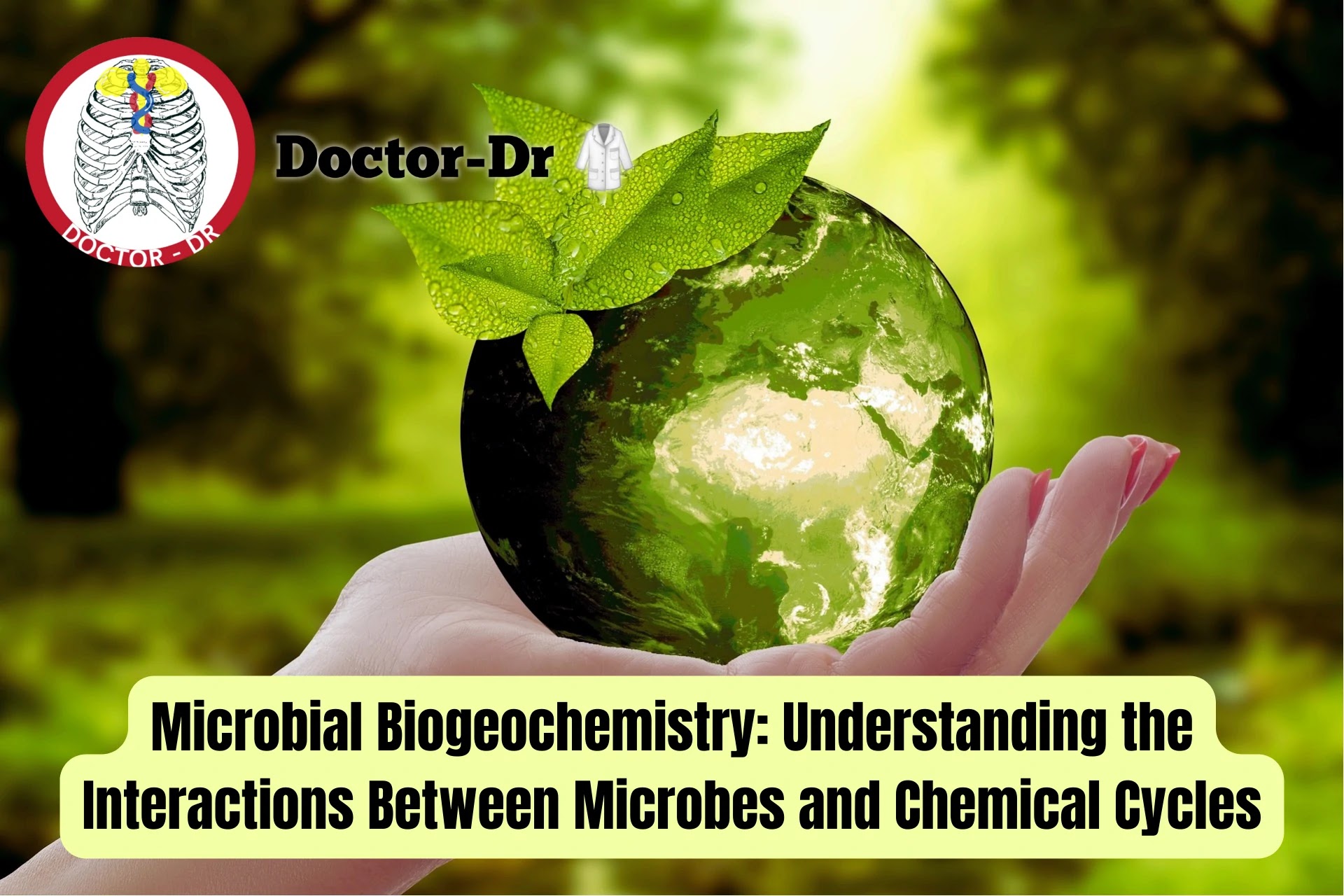Introduction
Microbial biogeochemistry is an interdisciplinary field that explores the relationships between microorganisms and biogeochemical cycles. In this blog post, we will discuss the importance of microbial biogeochemistry in understanding these relationships and the role of microbes in critical biogeochemical cycles.
The Nitrogen Cycle: An Example of Microbial Biogeochemistry
The nitrogen cycle is one of the most well-known examples of microbial biogeochemistry. Nitrogen fixation, denitrification, and nitrification are all processes carried out by microorganisms. Understanding these processes is essential for maintaining the health of ecosystems and preventing environmental problems such as eutrophication.
The Carbon Cycle: Another Critical Biogeochemical Cycle
Microbes play a significant role in the carbon cycle. They are responsible for breaking down organic matter and releasing carbon dioxide into the atmosphere through respiration. However, microbes can also sequester carbon in the soil, which is important for mitigating climate change.
Human Activities and Biogeochemical Cycles
Human activities such as agriculture, land-use change, and fossil fuel combustion have significant impacts on biogeochemical cycles. Excessive fertilizer use in agriculture can lead to nitrogen pollution and eutrophication in waterways. Land-use change, such as deforestation, can disrupt carbon storage in soils and lead to increased carbon dioxide emissions. Fossil fuel combustion releases large amounts of carbon dioxide into the atmosphere, contributing to climate change.
The Importance of Studying Microbial Biogeochemistry
Studying microbial biogeochemistry is essential for understanding the interactions between microbes and biogeochemical cycles. By understanding these interactions, scientists can develop strategies to mitigate the negative impacts of human activities on the environment and promote sustainable practices that maintain the health and integrity of our planet's biogeochemical cycles.
Conclusion
In conclusion, microbial biogeochemistry is a rapidly growing field that is essential for understanding how microorganisms drive biogeochemical cycles and how these cycles are impacted by human activities. By studying microbial biogeochemistry, scientists can develop strategies to mitigate the negative impacts of human activities on the environment and promote sustainable practices that maintain the health and integrity of our planet's biogeochemical cycles.



~1.webp)

.webp)

